Here are 4 Negative Impacts of Waste from the Fish Processing Industry
By. Sofie Thoriq - 08 Jan 2025.jpg)
Kelolalaut.com The fish processing industry plays a vital role in global food security and economic development, particularly in coastal communities. However, it also generates significant waste that negatively impacts the environment, public health, and local economies. Addressing these challenges is critical to ensuring a sustainable future for the industry and the ecosystems it relies on.
1. Environmental Impacts
Fish processing generates a wide range of waste products, including scales, bones, heads, entrails, and wastewater containing organic matter, fats, and oils. Improper disposal of these materials can lead to severe environmental consequences. For instance, organic waste dumped into waterways can decompose and deplete oxygen levels, creating hypoxic or "dead zones" where aquatic life cannot survive. These zones disrupt local ecosystems and can decimate fish populations, undermining the very resource base on which the industry depends.
Additionally, untreated wastewater often contains high levels of nutrients such as nitrogen and phosphorus, which contribute to eutrophication. This process triggers algal blooms, some of which produce toxins harmful to marine organisms and humans. Algal blooms also block sunlight from reaching underwater plants and corals, further destabilizing marine ecosystems.
Solid waste from fish processing, if not managed properly, can accumulate in coastal areas and create unsanitary conditions. The decomposition of organic matter releases foul odours and attracts pests, which can lead to the spread of diseases in both wildlife and human populations.
2. Public Health Concerns
The improper disposal of fish processing waste poses significant risks to public health. Contaminated water sources can become breeding grounds for pathogens, increasing the prevalence of waterborne diseases. Moreover, fish waste that attracts pests such as rodents and flies can facilitate the transmission of illnesses, particularly in areas with inadequate waste management infrastructure.
In coastal communities, the consumption of fish contaminated by pollutants or toxins from algal blooms can lead to severe health issues, including neurological damage and gastrointestinal illnesses. These risks disproportionately affect vulnerable populations, particularly those who rely on local fish as a primary food source.
3. Economic Implications
The economic consequences of waste mismanagement in the fish processing industry are far-reaching. Declining fish populations and degraded ecosystems reduce the availability of fish stocks, threatening the livelihoods of fishermen and workers in related industries. Coastal tourism, another vital economic driver, can also suffer due to pollution and unsightly waste accumulation, deterring visitors.
Additionally, governments and local authorities often bear the financial burden of cleaning up improperly disposed waste and addressing its environmental and public health impacts. These costs can strain budgets and divert resources away from other critical services.
4. Pathways to Mitigation
To mitigate the negative impacts of fish processing waste, a combination of innovative solutions and stricter regulations is essential. Technologies such as anaerobic digestion and composting can convert organic waste into valuable products like biogas and fertilizer. Investment in wastewater treatment facilities and stricter enforcement of disposal regulations can also help reduce pollution.
Adopting a circular economy approach, where waste is treated as a resource, offers promising opportunities. For example, fish by-products can be used in animal feed, pharmaceuticals, and cosmetics, turning what was once waste into valuable commodities.
While the fish processing industry is an important economic sector, its waste by-products pose significant challenges. Addressing these issues requires a coordinated effort from governments, industry stakeholders, and communities. By implementing sustainable waste management practices and embracing innovation, the industry can minimize its environmental footprint and contribute to a healthier, more sustainable future.
If youre interested in our Emperor Fillet Skinless, Snapper Fillet Skinless, Crimson Snapper Whole Round, Parrotfish Fillet Skinless, and Grouper Fillet Skinless please do not hesitate to contact us through email and/or whatsapp
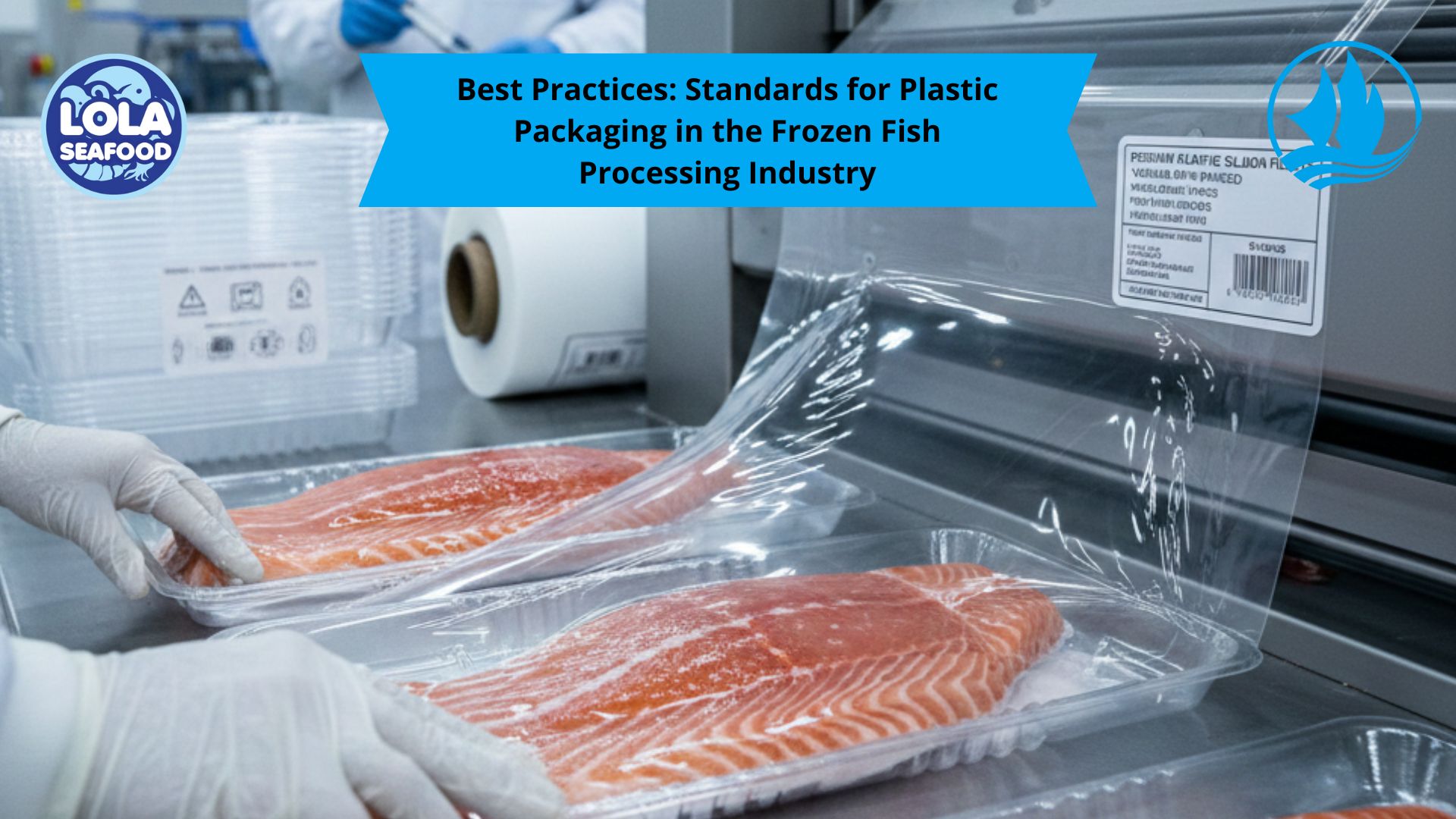
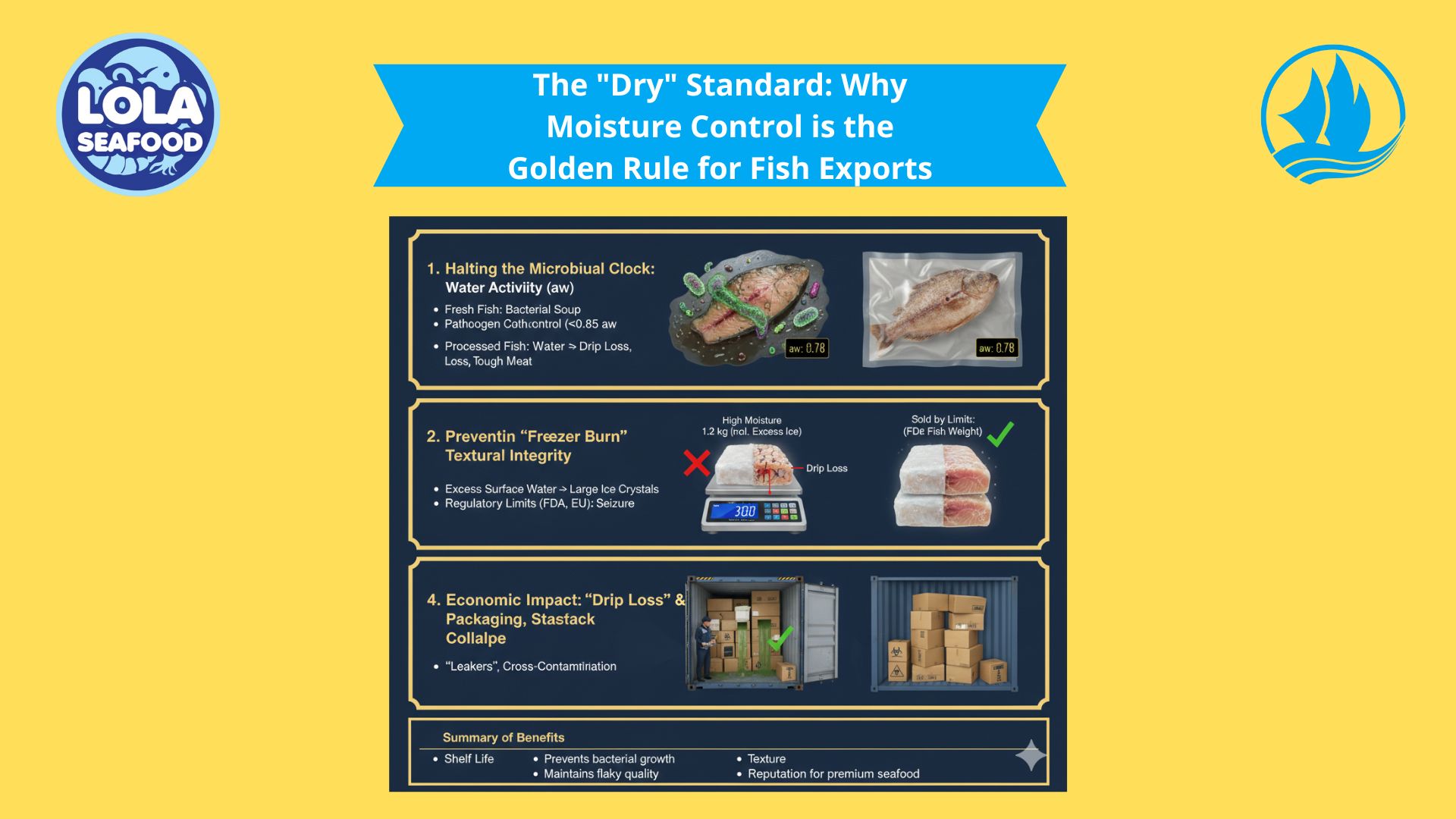
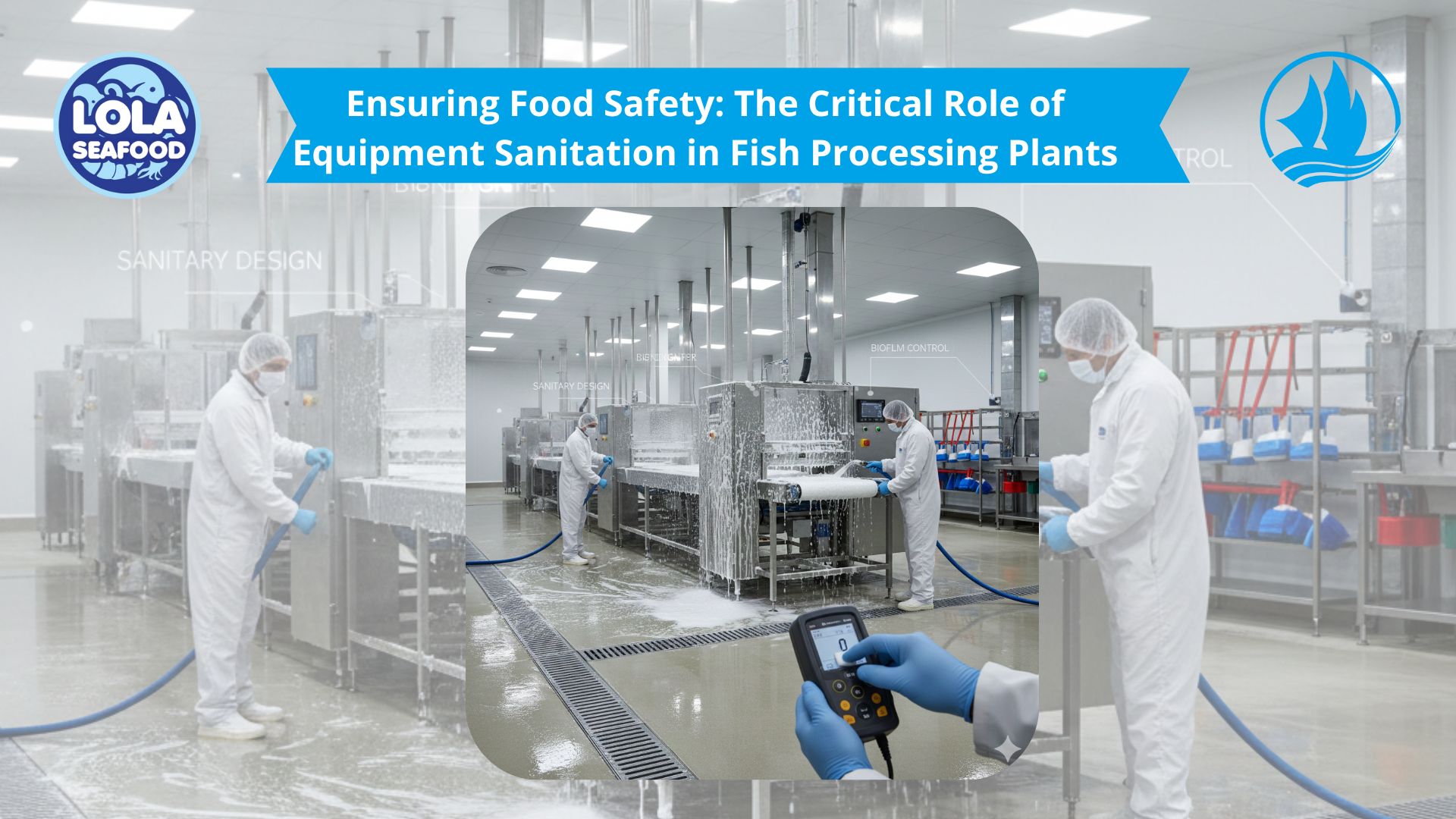
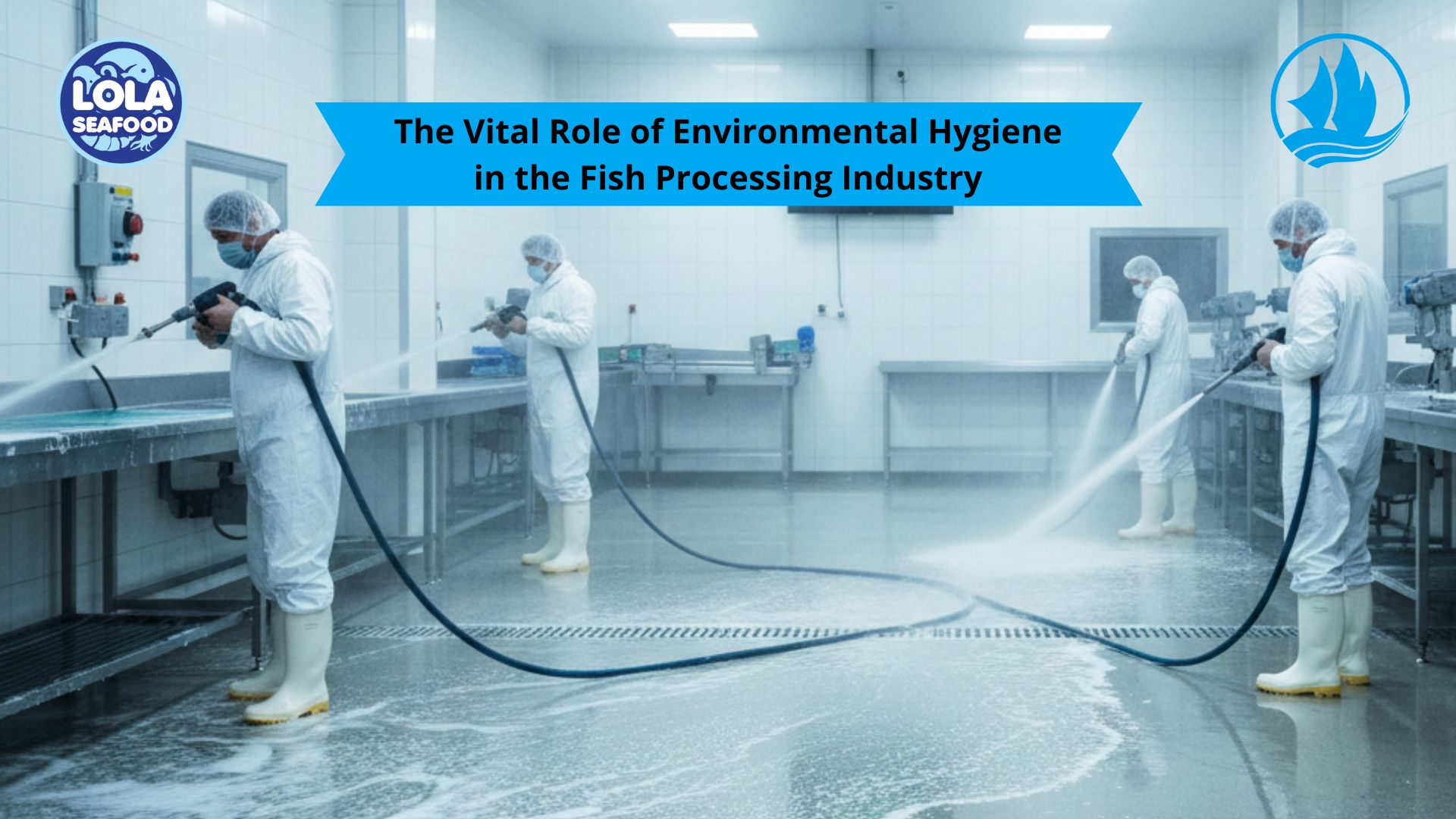
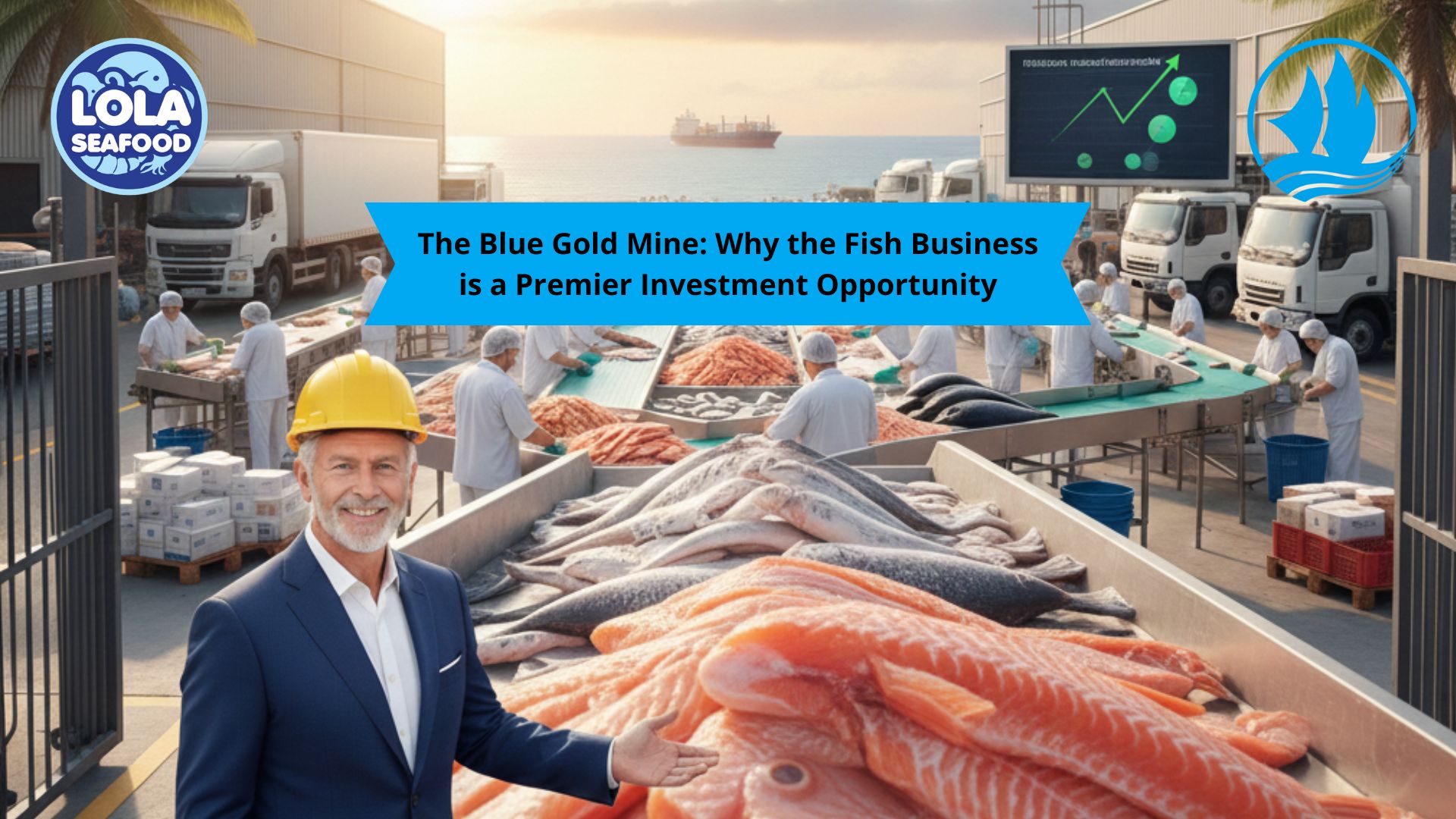
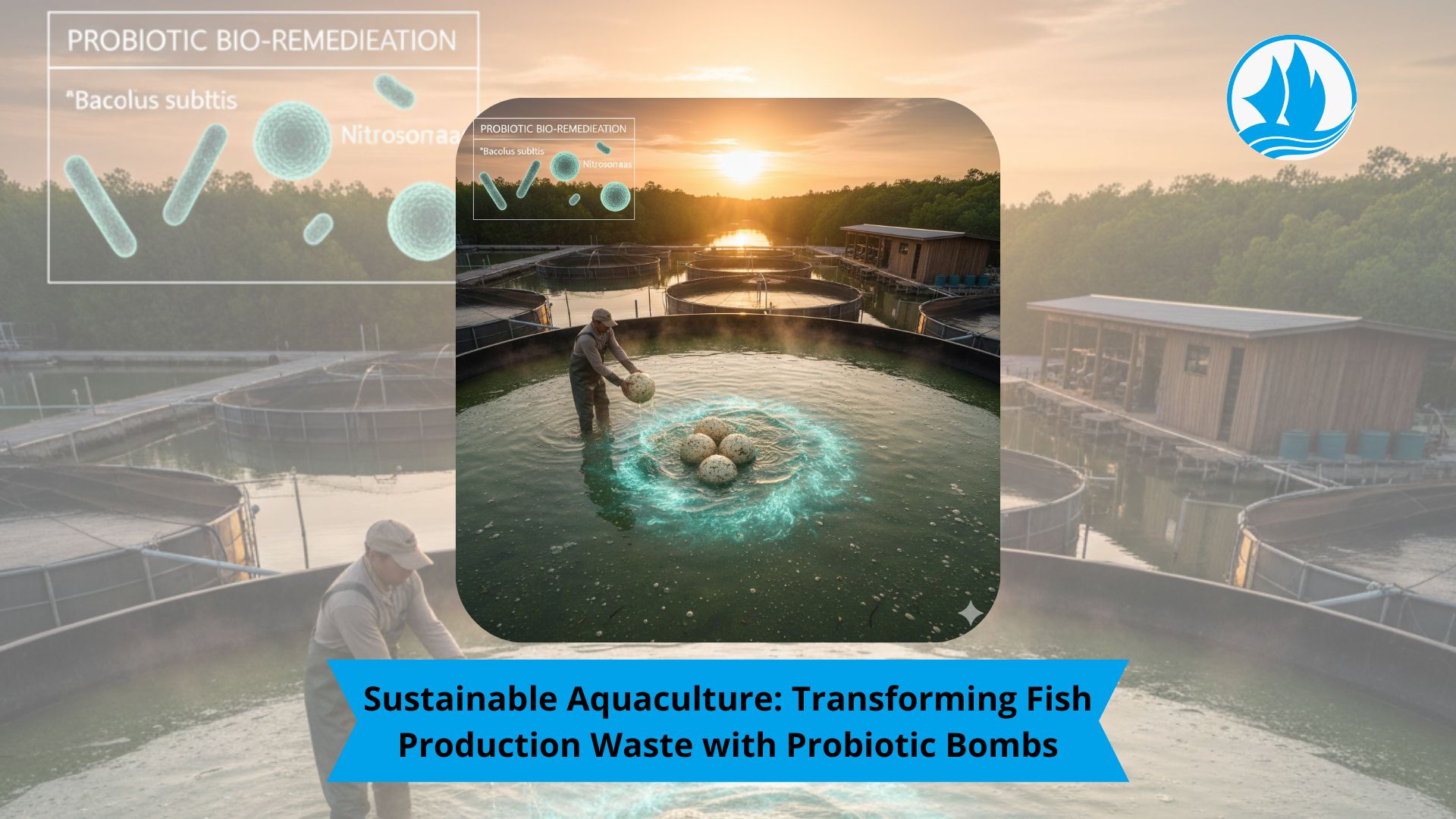
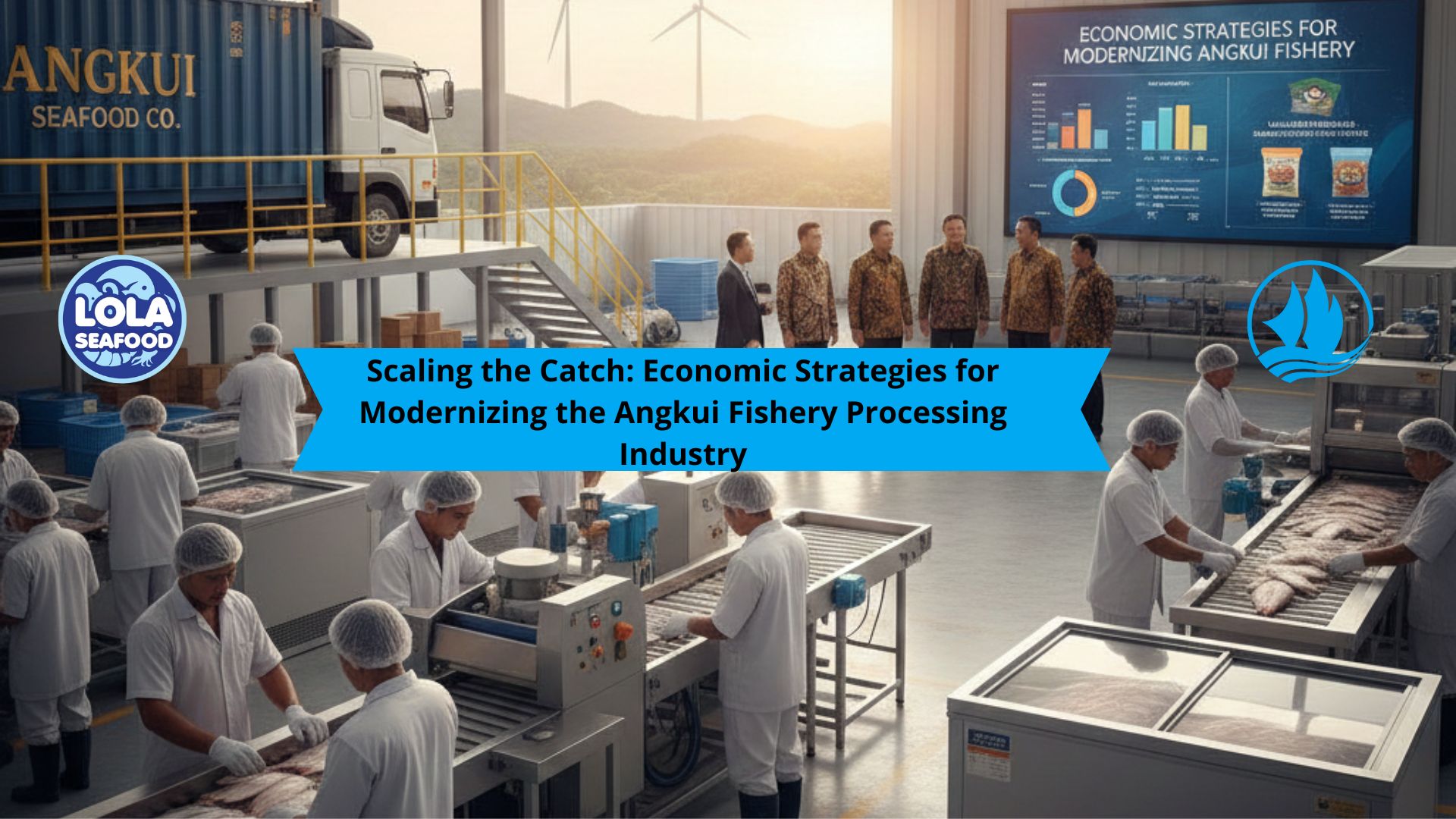
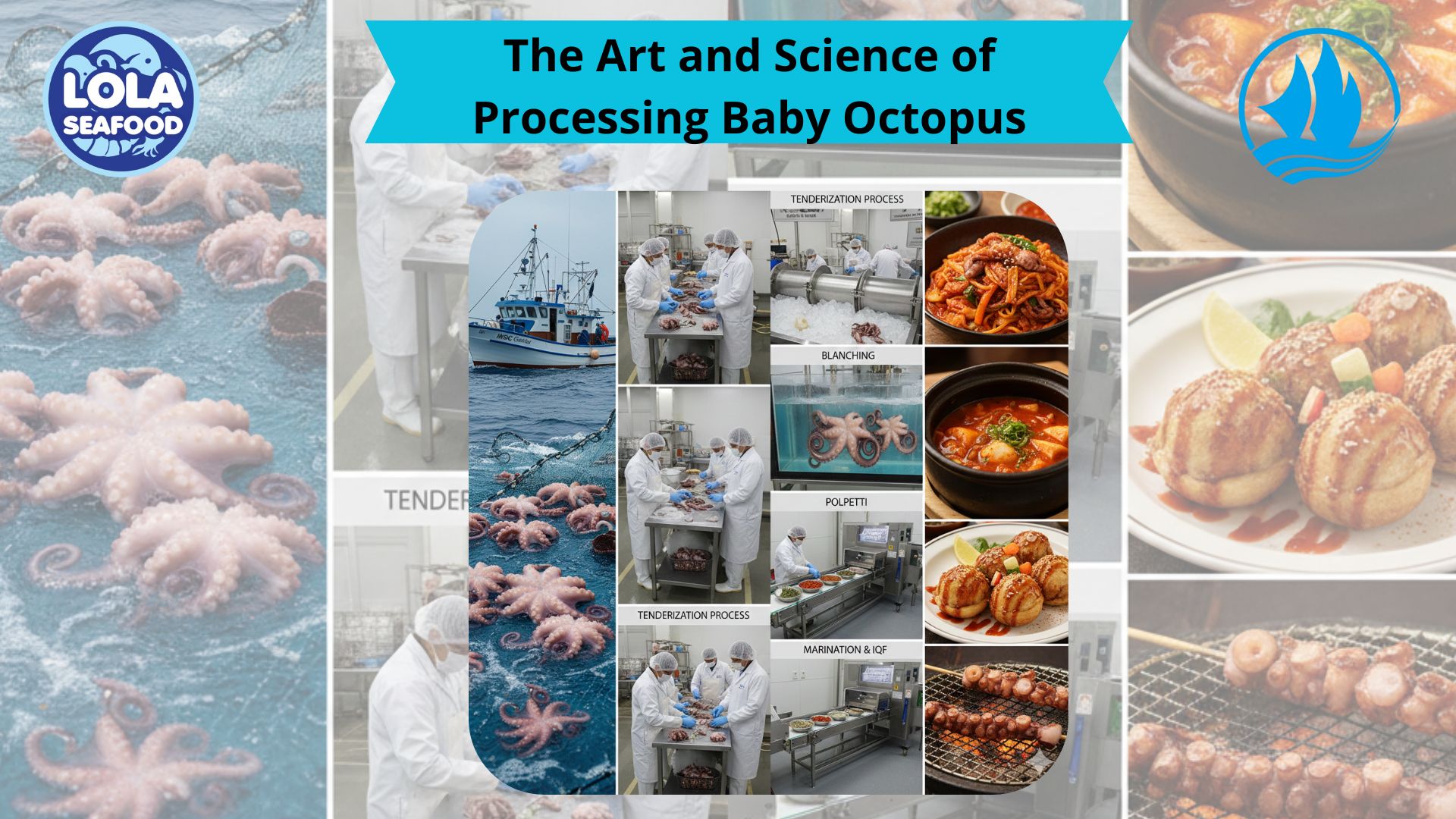
 in Modern Fish Processing Industries.jpg)